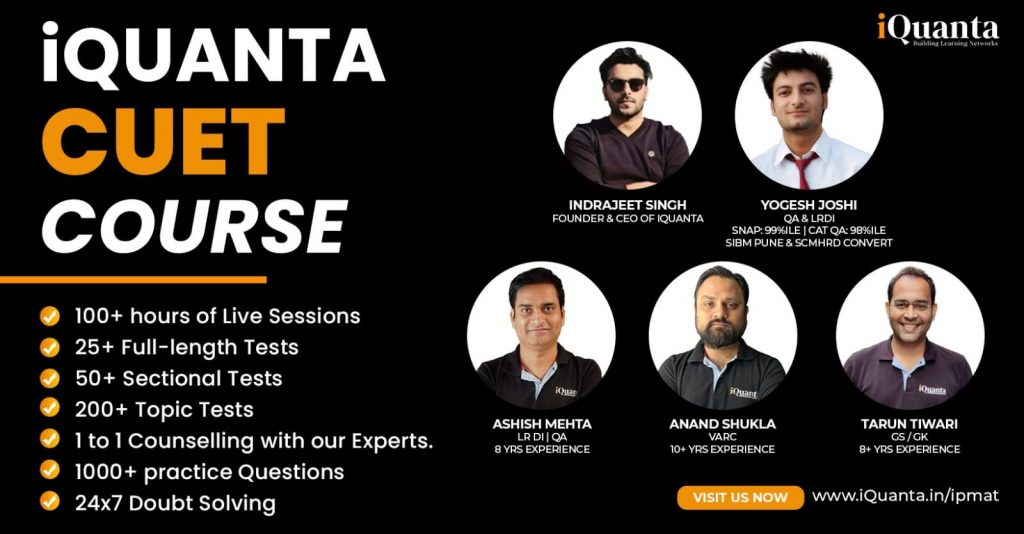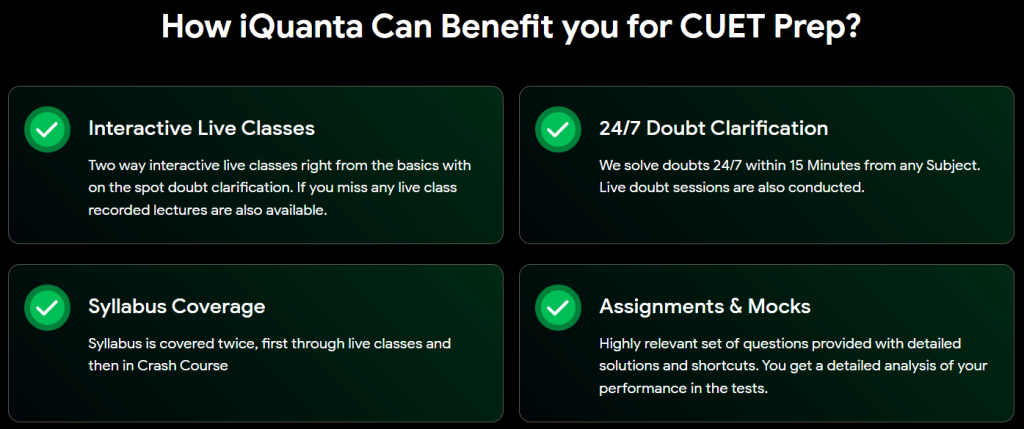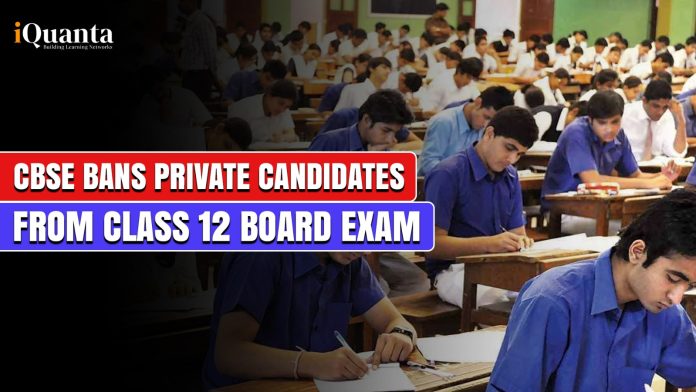New CBSE Update: The Central Board of Secondary Education (CBSE) is one of the leading educational boards in India, responsible for conducting exams and setting academic standards for schools nationwide. CBSE ensures quality education and fair assessments for students. However, over the years, there has been a rise in the number of “private candidates” and “dummy schools.”
Private candidates are students who register with schools but do not attend regular classes. “Dummy schools” are schools where students are enrolled without attending any physical classes, mainly to appear for exams while focusing on other exam preparations.
To address these issues, CBSE has introduced new rules to stop the use of dummy schools and has banned private candidates from appearing in the Class 12 board exams. These steps aim to maintain the integrity of the education system. Students should carefully review the updated rules by CBSE below.

What are Dummy Schools?
Dummy schools are schools where students enroll but do not attend regular classes. Instead, they focus on preparing for competitive exams like NEET, JEE, or CUET, often studying at coaching centers. These schools provide the required documents, such as roll numbers and eligibility for board exams, without students actively participating in school activities or academics.
Latest Update: CBSE Bans Private Candidates From Class 12 Board Exams
Starting from the academic year 2025-26, CBSE will not allow students from “dummy schools” to appear for the Class 12 board exams. These schools enroll students on paper but do not require them to attend regular classes, allowing them to focus solely on coaching for entrance exams like JEE and NEET. Instead of CBSE exams, students will need to take exams through the National Institute of Open Schooling (NIOS). This decision will mainly affect cities like Kota, which is known for its large number of coaching centers.
New Rules Introduced by CBSE for Private Candidates in Class 12:
- No Dummy Schools: Students enrolled in dummy schools will be barred from taking the CBSE Class 12 board exams.
- Attendance Requirement: A minimum of 75% attendance in regular school classes is mandatory for eligibility to appear in the CBSE board exams.
- Shift to NIOS: Students who are part of the dummy school system will be directed to take their exams with NIOS, which offers a flexible learning model through distance education.
These rules are designed to ensure that students have a well-rounded education, focusing not only on academics but also on social, emotional, and physical growth.
Why Did CBSE Introduce Changes Against Dummy Schools?
CBSE’s new rules aim to address the growing issue of students skipping regular school attendance while focusing on coaching for competitive exams. The practice of enrolling in dummy schools has been criticized because it:
- Neglects Overall Development: Regular school attendance is necessary for the social, emotional, and physical development of students.
- Creates Unfair Advantage: Dummy schools allow students to bypass the education system, giving them an unfair advantage while preparing for competitive exams.
- Affects Student Psychology: Dummy schools encourage the mindset that one can “game” the system for success, which can negatively impact students’ future outlook on education.
CBSE is taking action to make sure that students attend regular school and experience a complete education.
What Should Students Do After CBSE Introduced the New Rules?
Students currently enrolled in dummy schools will need to explore alternative educational options. One of the main alternatives is enrolling in NIOS, which offers a flexible distance learning system. Students should consult with their parents, school authorities, and educational advisors to make a smooth transition.
Additionally, students should aim to attend regular school classes to ensure they meet the new eligibility criteria for CBSE exams. It is also important for students to stay informed about the upcoming changes and deadlines to avoid any disruptions in their education.
Enroll for iQuanta CUET Course


CBSE Bans Private Candidates From Class 12 Board Exam – FAQs
A dummy school is one where students are enrolled but do not attend regular classes, focusing solely on private coaching for entrance exams.
CBSE aims to ensure that students attend regular classes for holistic development and to prevent unfair practices in the education system.
Affected students can opt for NIOS, a recognized open schooling system, or attend regular schools to meet the new CBSE eligibility criteria.
CBSE mandates a minimum of 75% attendance to be eligible for the Class 12 board exams. Relaxation is allowed only for valid reasons like medical emergencies or sports participation.
While both NIOS and CBSE certifications are accepted for higher education, NIOS offers a distance learning model, and its certificates indicate “open schooling” on them, unlike CBSE’s conventional board certification.

